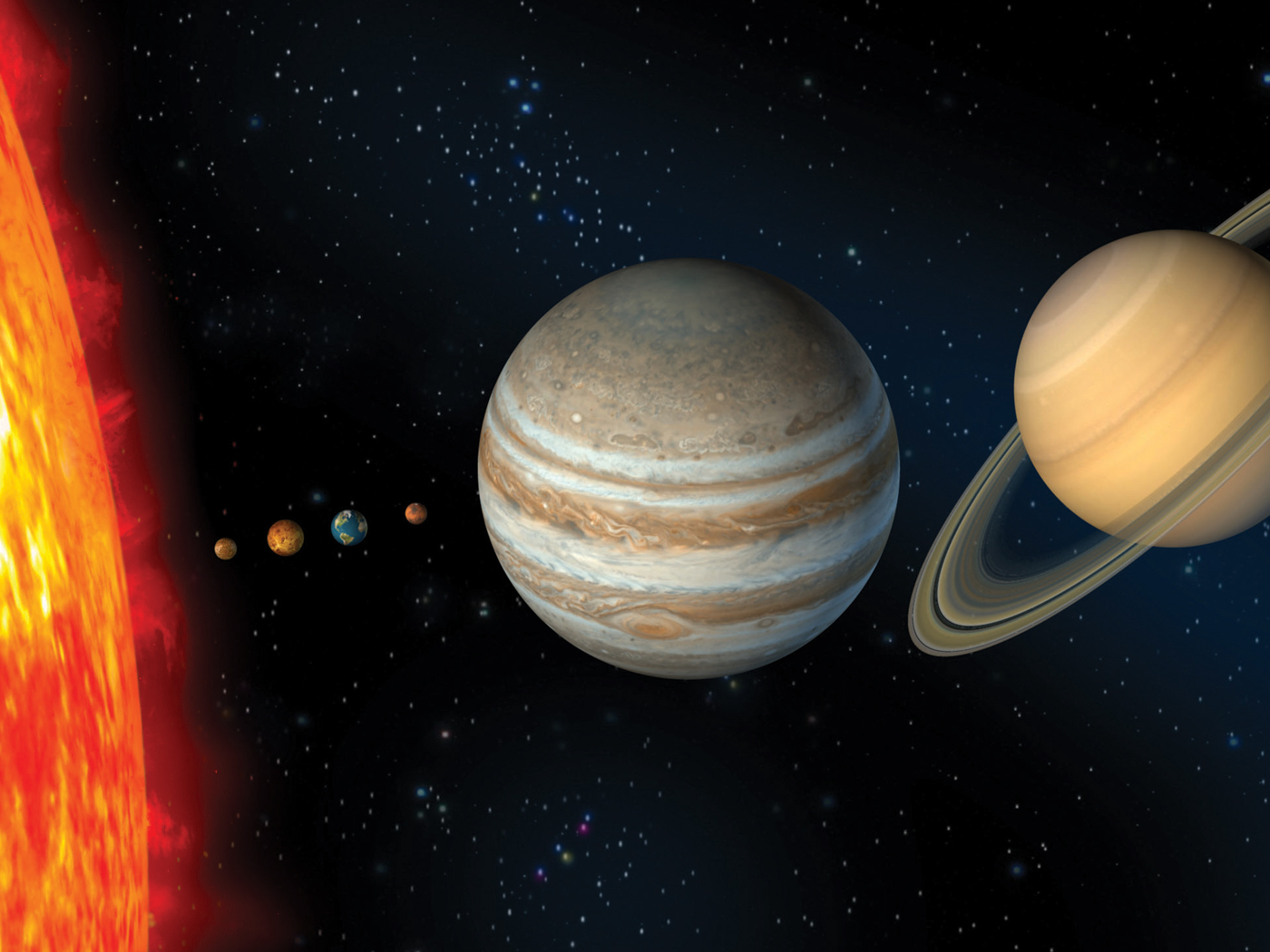Search Tools
New Defender's Study Bible Notes
17:22 Mars’ hill. Same as “Areopagus” in Acts 17:19. This hill near the Acropolis was probably used in Paul’s day by a council that formally evaluated new religious or moral philosophies. “Ares” was the Greek god of war, corresponding to “Mars” in Rome.
17:22 too superstitious. The Athenians were notorious for venerating a great number of gods and goddesses. What may have been religious to the Greeks was superstitious to Paul, since they attributed powers to these personified forces of nature which were only possessed by God.
17:23 TO THE UNKNOWN GOD. There were other contemporary reports that have come down to us of such an altar in first-century Greece. There is also a good possibility that it had been built to commemorate an ancient deliverance of Athens from military peril or pestilence as a result of prayer to a greater God than any of their usual deities. It has also been shown that many other animistic and polytheistic cultures do retain a dim remembrance of a “high God,” greater and more powerful than any of the spirits or gods with which they are concerned day-to-day.
17:23 ignorantly worship. Compare Christ’s admonition to the Samaritan woman at the well: “Ye worship ye know not what: we know what we worship: for salvation is of the Jews” (John 4:22). Some of the Samaritans, as well as some Greeks and animists, seem to desire intuitively to worship the true God, but do so in ignorance, not having access to the revealed Word of God. In response to such sincere searching after God, Jesus brought the full knowledge of salvation to the Samaritans, Peter to the Roman Cornelius, Paul to the Athenian Greeks, and missionaries to many animistic tribes.
17:24 Lord of heaven and earth. This message to the pagan intellectuals at Athens can be considered as typical of Paul’s method with people who did not already know and respect the Scriptures, just as his message in the synagogue at Pisidian Antioch can be considered typical of his approach to those who did (Acts 13:16-41). In the one case, he began with God’s witness in creation, in the other with Scriptures; in both cases, he ended with Christ and the resurrection, urging his hearers to believe.
17:24 temples made with hands. Athens was filled with beautiful temples, monuments and images, but to Paul they were merely depressing symbols of the city’s idolatry.
17:25 life, and breath. This is the only occurrence of “breath” in the New Testament. The Greek word pnoe occurs elsewhere only in Acts 2:2, speaking of the Holy Spirit coming as a “rushing mighty wind.”
17:26 of one blood. The concept of “race” has no basis in Scripture; all men are descended from Adam, through Noah, and thus all are members of only one race—the human race. The term “race,” as ordinarily used, is strictly an evolutionary concept, with “race” understood as a sub-species in the process of evolving into a new species. There is no observational scientific evidence for such evolutionary transformations, among either men or animals.
17:26 bounds of their habitation. In ways unknown, yet real, God raises nations up and puts them down, as He will (note Deuteronomy 32:7-9; Daniel 2:20-21; etc.), in accordance with their faithfulness to His respective purposes for them. “Blessed is the nation whose God is the LORD” (Psalm 33:12). “The wicked shall be turned into hell, and all the nations that forget God” (Psalm 9:17).
17:28 in him we live. The God of creation sustains the very life of every person, even those who don’t believe He exists, so that “He [is] not far from every one of us” (Acts 17:27). Note also Colossians 1:17; Hebrews 1:3; etc.
17:28 poets. Paul here seems to be referring to Epimenides, Aratus and Cleanthes, each of whom seemed to have had some insight, however attained, into the fact that one supreme God had created all men. We are all the “offspring” (Greek genos) of God by creation (Malachi 2:10). This, of course, does not mean that all are children of God spiritually. This requires the new birth by faith in Christ (e.g., John 1:12-13).
17:29 Godhead. This is the first of three New Testament references to the “Godhead” (see also Romans 1:20; Colossians 2:9). Each translates a slightly different Greek noun, but all refer essentially to the “Godhood” of God—that is, the nature or structure of God, to God as He has revealed Himself. Since He has revealed Himself as a triune God (Father, Son, Spirit), the term has commonly been used to refer to the Trinity. In this verse, we are told that God can never be represented by an image or model which man can make, either with his hands or his mind. However, what man cannot do, God has done. That is, He has constructed a marvelous model of the Godhead in His creation. See notes on Romans 1:20.











